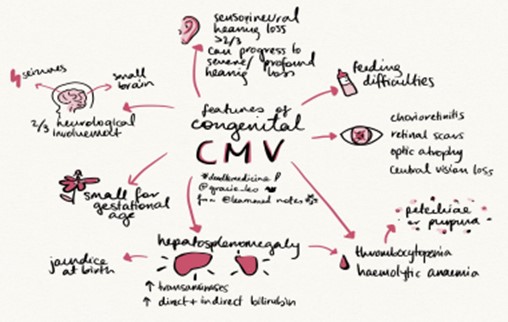A nurse is caring for a newborn following delivery. Which of the following actions should the nurse take first?
Obtain the newborn's weight.
Administer IM vitamin K.
Apply identification bands to the newborn.
Apply prophylactic eye ointment.
The Correct Answer is C
Identification bands are an important safety measure to ensure that the newborn is properly identified and matched with the correct mother. Applying identification bands to the newborn and mother is a standard practice in all healthcare settings and is typically done immediately following delivery.
While obtaining the newborn's weight, administering IM vitamin K, and applying prophylactic eye ointment are also important interventions for a newborn, they should be done after the identification bands are applied. The order of priority for these interventions may vary depending on the healthcare facility's policies and procedures, but ensuring proper identification of the newborn is always the first step to ensure patient safety.
Nursing Test Bank
Naxlex Comprehensive Predictor Exams
Related Questions
Correct Answer is D
Explanation
Abdominal ultrasounds are noninvasive imaging tests that use high-frequency sound waves to create images of the internal organs. When an abdominal ultrasound is performed, the client is typically asked to drink water before the test and to hold the urine to ensure that the bladder is full. This full bladder helps to create a clear image of the uterus and the developing fetus.
Option A is incorrect because applying perfumed lotion to the abdomen can interfere with the ultrasound waves and may affect the quality of the images.
Option B is also incorrect because having an empty stomach is not necessary for an abdominal ultrasound.
Option C is also incorrect because a stool softener is not necessary for an abdominal ultrasound.
Correct Answer is D
Explanation
Cytomegalovirus (CMV) is a viral infection that can cause serious health problems for newborns if acquired in utero. Some newborns may appear asymptomatic at birth but later develop complications such as hearing loss, intellectual disability, and vision problems. The virus can be transmitted through bodily fluids such as saliva, urine, and breast milk, and can be especially dangerous for premature infants or those with weakened immune systems. While macrosomia (large body size) and urinary tract infections are possible complications in newborns, they are not typically associated with CMV. Cataracts may also occur in infants with congenital CMV, but hearing loss is a more common complication.

Whether you are a student looking to ace your exams or a practicing nurse seeking to enhance your expertise , our nursing education contents will empower you with the confidence and competence to make a difference in the lives of patients and become a respected leader in the healthcare field.
Visit Naxlex, invest in your future and unlock endless possibilities with our unparalleled nursing education contents today
Report Wrong Answer on the Current Question
Do you disagree with the answer? If yes, what is your expected answer? Explain.
Kindly be descriptive with the issue you are facing.
